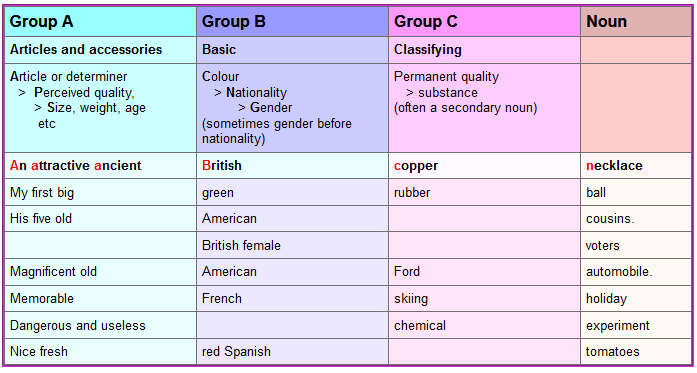
Logic of English is a registered trademark of Pedia Learning Inc. O mayalso say // in an accented syllable next to a W, TH, M, N, or V.Ģ011-2015 Pedia Learning Inc. Rule 31 Any vowel may say one of the schwa sounds, // or //, in an unaccented syllable or unaccented word. Occasionally other letters also aredoubled. Rule 30 We often double F, L, and S after a single vowel at the end of a base word. Rule 29 Z, never S, spells /z/ at the beginning of a base word. The GH is either silent or pronounced /f/. Phonograms ending in GH are used only at the end of a base word or before the Rule 27 TCH is used only after a single vowel which does not say its name. Rule 26 CK is used only after a single vowel which says its short (first) sound. Rule 25 DGE is used only after a single vowel which says its short (first) sound. Rule 24 -Ful is a suffix written with one L when added to another syllable.

Rule 23 Al- is a prefix written with one L when preceding another syllable. Rule 22 To make a verb 3rd person singular, add the ending -S, unless the word hisses or changes then add -ES. Occasional nouns have no change or an irregular spelling. Rule 21 To make a noun plural, add the ending -S, unless the word hisses or changes then add -ES. Rule 20 -ED, past tense ending, forms another syllable when the base word ends in /d/ or /t/. Rule 19 To make a verb past tense, add the ending -ED unless it is an irregular verb.
#Logic if english irregular verbs how to#
How to remember irregular verbs and irregular past participles. Here is a handy reference list of the most common irregular past participles. SH never spells /sh/ at thebeginning of any syllable after the first one, except for the ending -ship. Because many English verbs are irregular, it can be difficult to remember them. Rule 18 SH spells /sh/ at the beginning of a base word and at the end of the syllable. Rule 17 TI, CI, and SI are used only at the beginning of any syllable after the first one. Rule 16 Two Is cannot be next to one another in English words. Rule 15 Single vowel Y changes to I when adding any ending, unless the ending begins with I. Rule 14 Double the last consonant when adding a vowel suffix to words ending in one vowel followed by oneconsonant only if the syllable before the suffix is accented.**This is always true for one-syllable words. Rule 13 Drop the silent final E when adding a vowel suffix only if it is allowed by other spelling rules. Rule 11 Q always needs a U therefore, U is not a vowel here.ġ2.1 The vowel says its name because of the E.ġ2.3 The C says /s/ and the G says /j/ because of the E.ġ2.4 Every syllable must have a written vowel.ġ2.5 Add an E to keep singular words that end in the letter S from looking plural.ġ2.6 Add an E to make the word look bigger.ġ2.7 TH says its voiced sound /TH/ because of the E. Rule 10 When a word ends with the phonogram A, it says //.A may also say // after a W or before an L. Rule 9 AY usually spells the sound // at the end of a base word. Rule 8 I and O may say // and // when followed by two consonants. I says // at the end of a syllable that is followed by a vowel and at the end of foreign words. Rule 7 Y says // only at the end of a multisyllable base word.

Rule 6 When a one-syllable word ends in a single vowel Y, it says //. Rule 5 I and Y may say // or // at the end of a syllable. Rule 4 A E O U usually say their names at the end of a syllable.

Rule 3 English words do not end in I, U, V, or J. Rule 2 G may soften to /j/ only when followed by E, I, or Y. Rule 1 C always softens to /s/ when followed by E, I, or Y. Spelling RulesThe 31 spelling rules taught in Logic of English curriculum.

Verbs with -ew in the Simple Past and -own in the Past Participle Verbs with "o" in the Simple Past and Past Participle Irrerular verbs with identical Infinitive and Past Participle More details are available on English irregular verbs So here is a complete list of english irregular verbs. Did you know that about 70% of the time when we use a verb in English, it is an irregular one? That means that learning and using irregular verbs is essential for mastering English!


 0 kommentar(er)
0 kommentar(er)
